Life on a towboat is filled with hard work, skill, and a deep connection to the river. At Magnolia Fleet, our captains play a critical role in keeping commerce moving safely and efficiently. In this interview, we talk with Sheldon McDonald, a former captain who now serves as a port captain, about what it’s really like to work on a towboat. From daily routines and challenges on the water to advice for anyone considering a maritime career. If you’ve ever wondered about towboat jobs or life on the river, Sheldon gives an inside look at the industry and the unique experience of working for Magnolia Fleet.
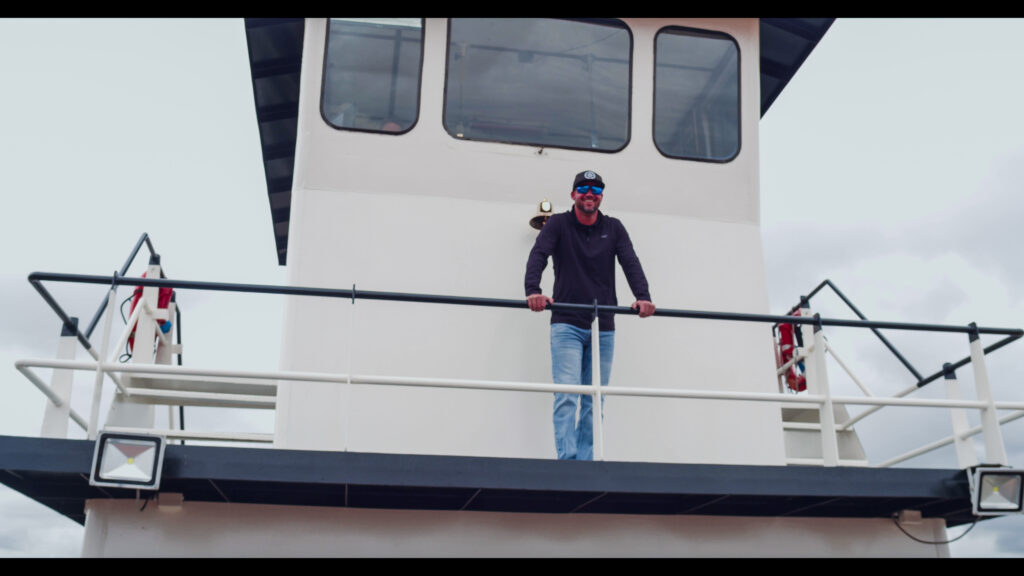
What is your job, and how did you get to where you are today?
I oversee vessel movements, provide advice on navigation and docking, conduct regular inspections, implement maritime safety by ensuring adherence to policies and procedures, and advocate for fellow mariners. When I started at Magnolia Fleet, I served as a Captain on the M/V Teagyn for a couple of years, performing harbor assist work and operating numerous fleets from Baton Rouge to New Orleans. I then transitioned to our Magnolia 122 Fleet location, where I spent the last seven years before moving into the Port Captain role. I believe promotion from within begins with loyalty. In today’s industry, mariners often ‘boat hop’ for an extra dollar. Promoting from within ensures familiarity with company culture, policies, and procedures.
What did a typical day look like as a captain at Magnolia Fleet?
For most fleet captains at Magnolia Fleet, the day typically begins around 0100 hours with a big cup of coffee. At 0200 hours, we conduct a turnover with the opposite watch, and the shift begins. We start by checking the fleet and assisting vessels in and out of the fleet, building and breaking down tows, and making dock swaps. This continues for 12 hours until we do a turnover with our relief and begin our journeys home. A traditional captain lives on a vessel for 7-30 days at a time, taking their tow from point A to point B, sometimes covering several hundred miles. In contrast, a fleet captain goes home every day and stays local, shifting around fleets and docks. I like to say a traditional captain spends his time hard-wired into his tow, whereas a fleet captain is on the hip of the barge with a shoestring. While both captains have different skill sets, safety is a priority for both to ensure crews make it home to their loved ones.
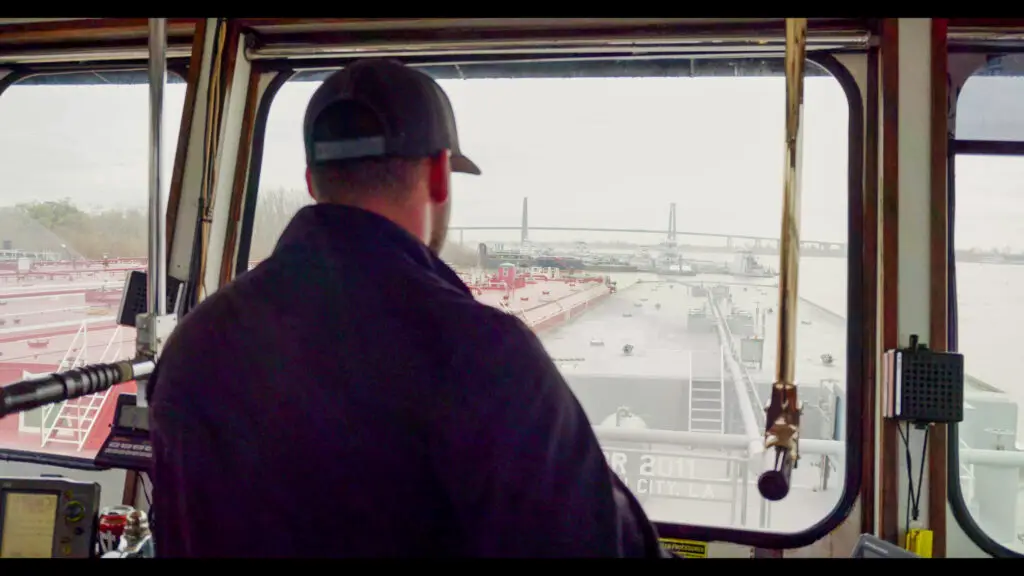
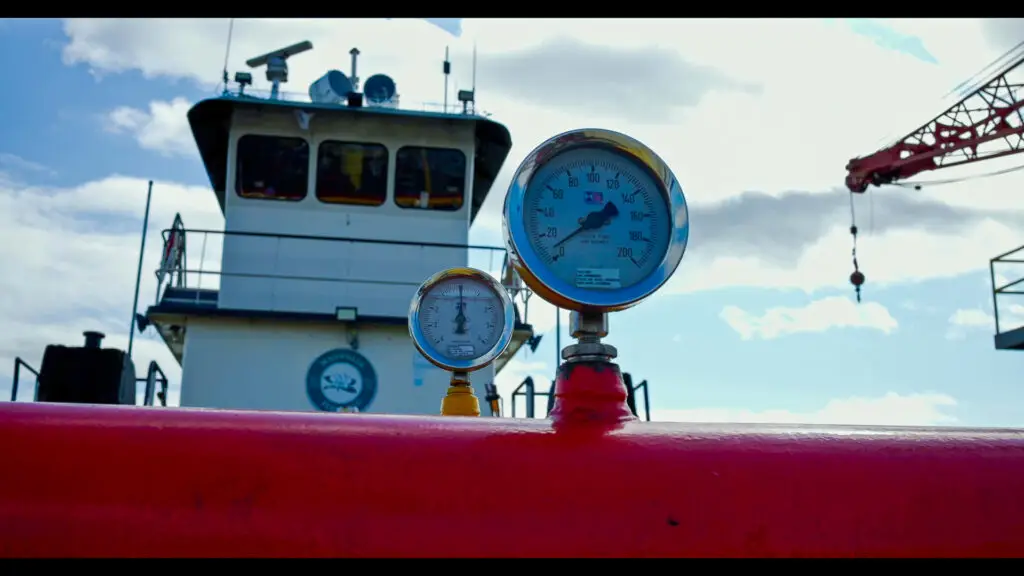
What was your schedule like?
I’ve worked them all, but for the last 10 years, I’ve been on a 14/7 schedule: 7 days, 7 nights, and 7 days off.
What’s the culture like at Magnolia Fleet compared to other companies you’ve worked for?
The culture at Magnolia Fleet is great. Despite our tremendous growth over the last couple of years, it still has a family-like feel, as if we were still a small company.
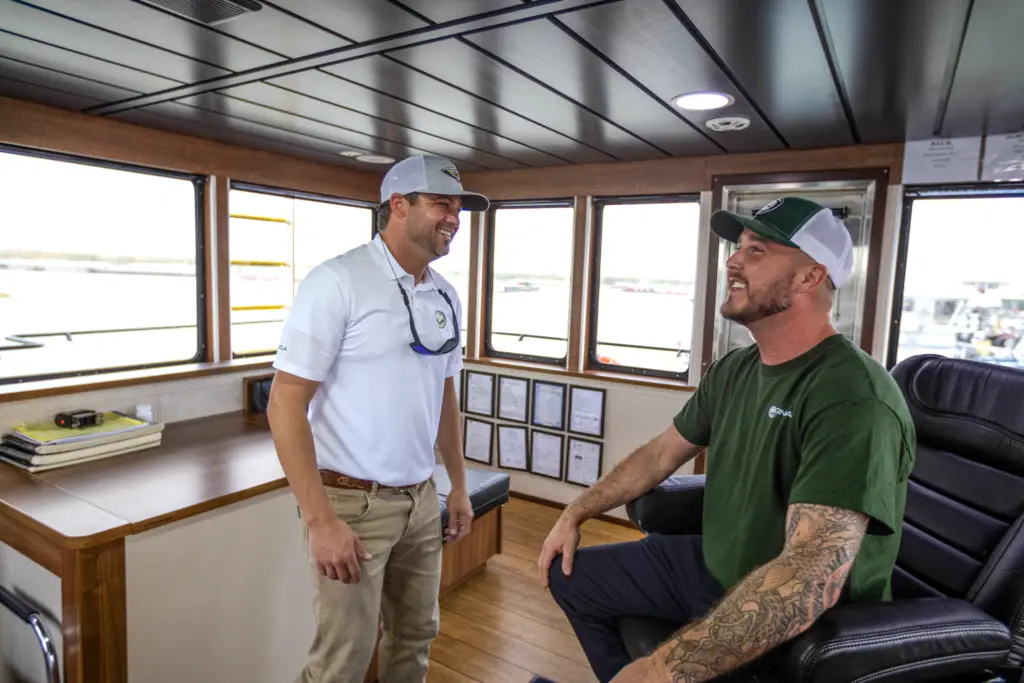
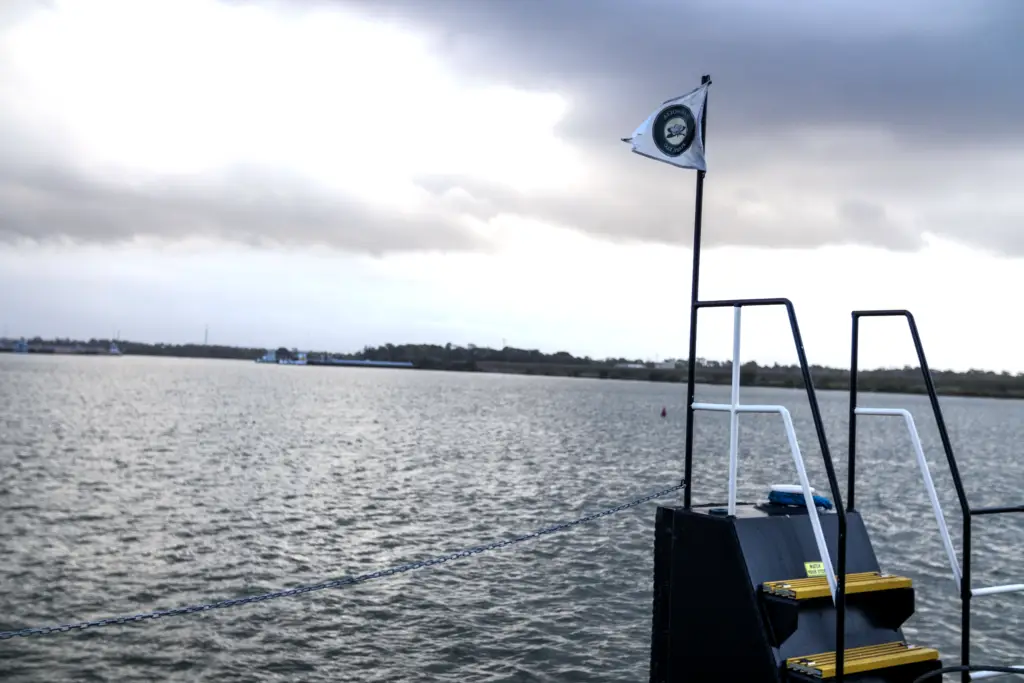
What are some of the biggest challenges you face as a boat captain, and how did you handle them?
I’d say the biggest challenge captains face today is the new generation of ‘towboaters.’ While there are a few good ones, the majority lack the work ethic and respect for the captain, which is essential on a towboat. Owners and captains are often constrained by these types of employees. Due to the industry’s shortage of personnel, they must retain them to keep the vessels moving.
What’s the best part of the job? Any favorite moments or experiences on the water?
The best part of the job is knowing that I play a key role in safely delivering the fuels and goods that every American consumes daily. One unforgettable experience was riding out Hurricane Ida and being one of two fleet boats in our area, corralling loose barges for the next 24 hours as they floated downriver. We caught nearly 30 barges that day and staged them in our fleet until the other fleet boats in the area could recover them.
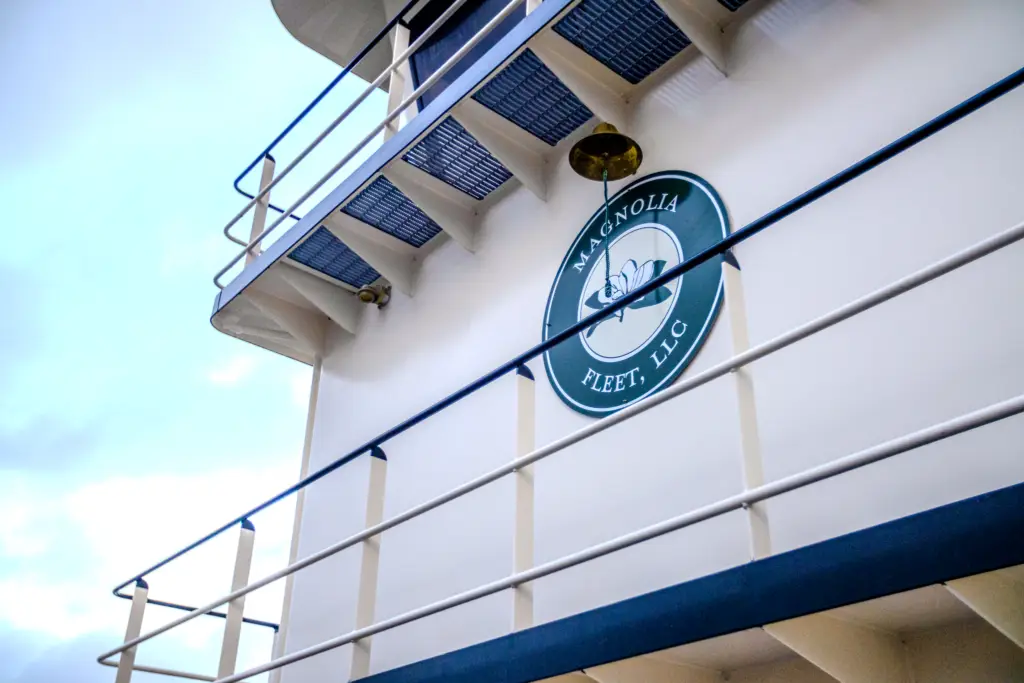
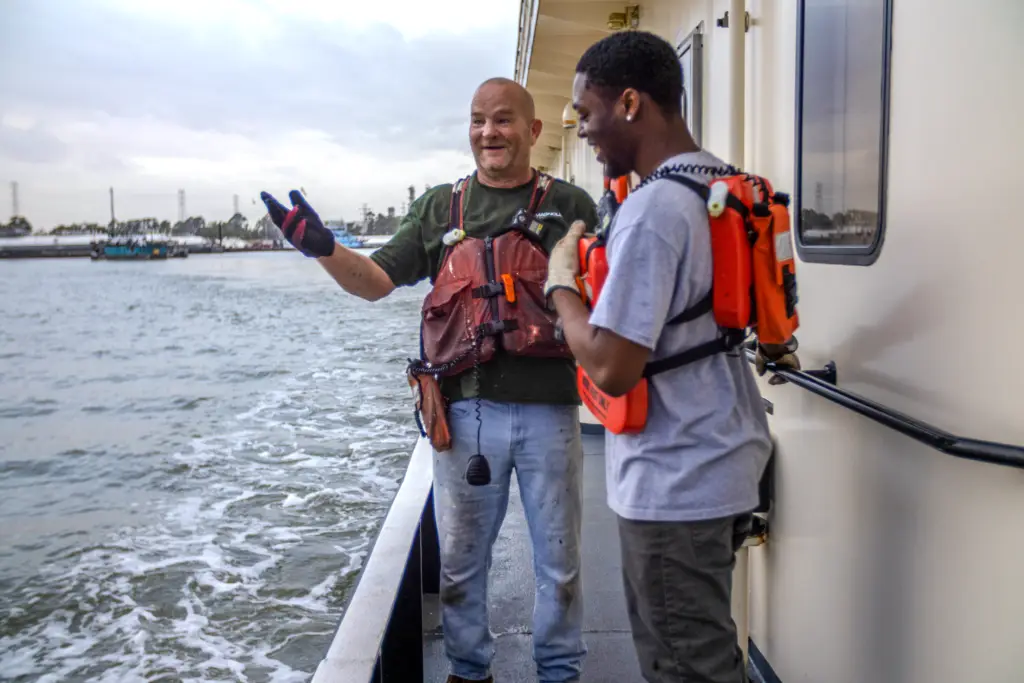
What advice would you give to someone who wants to work on a boat or become a captain?
For anyone aspiring to work on a boat and become a captain in the future, come out here with something to prove. Remember, “poor hands make poor captains.”
How does the crew work together on board, and what’s it like building relationships while on the boat?
Relationships on boats are crucial. Not everyone will fit in on every boat, but if you work hard and show respect, you’ll eventually find a home, and those crew members will be your guys for a long time. One of my greatest relationships was with my “big homie” Joshua ‘Tank’ Brazeal. We hit it off instantly, likely because he was a die-hard Alabama fan and I was an LSU fan. Sadly, he passed away on April 19, 2016, in the sinking of the M/V Ricky J Lebeouf.
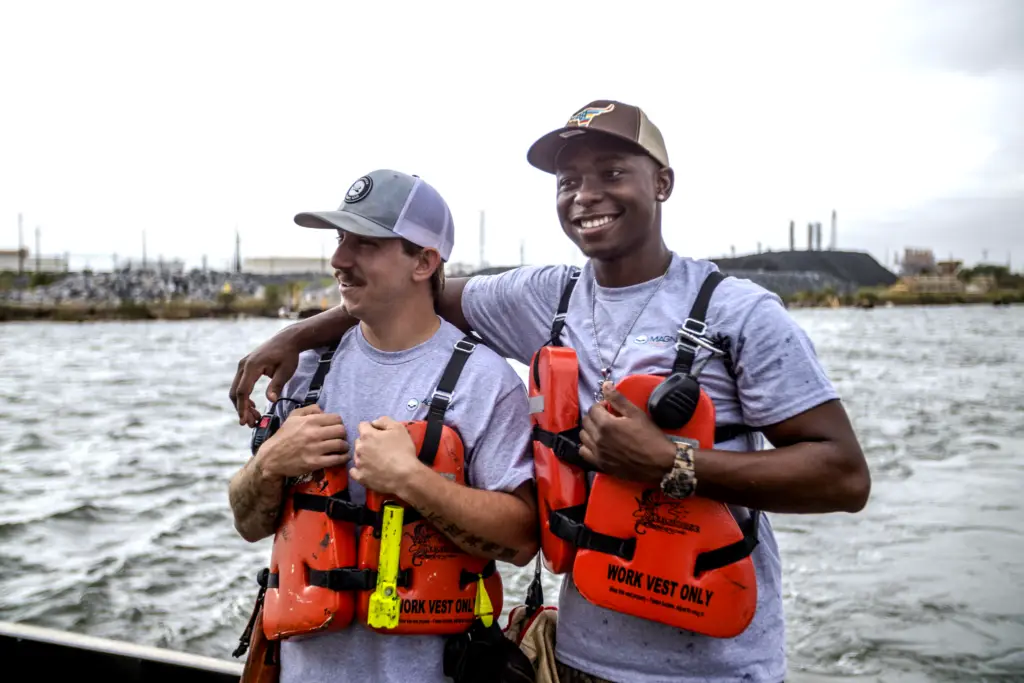
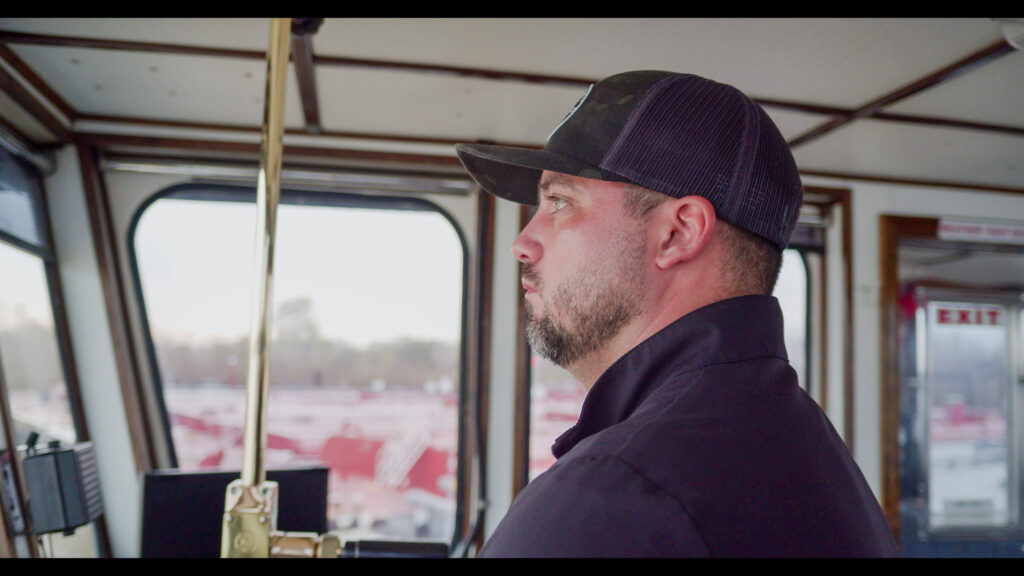
What do you wish more people knew about life on the water and working in the maritime industry?
The natural dangers towboaters face daily are often underestimated. It’s important to recognize that not every incident, such as a boat being pinned against a dam or hitting a bridge, is due to human error. A tow can consist of 40 or more barges, carrying up to 70,000 tons of cargo. With so many moving parts, it only takes one mechanical failure to be at the mercy of the river.

